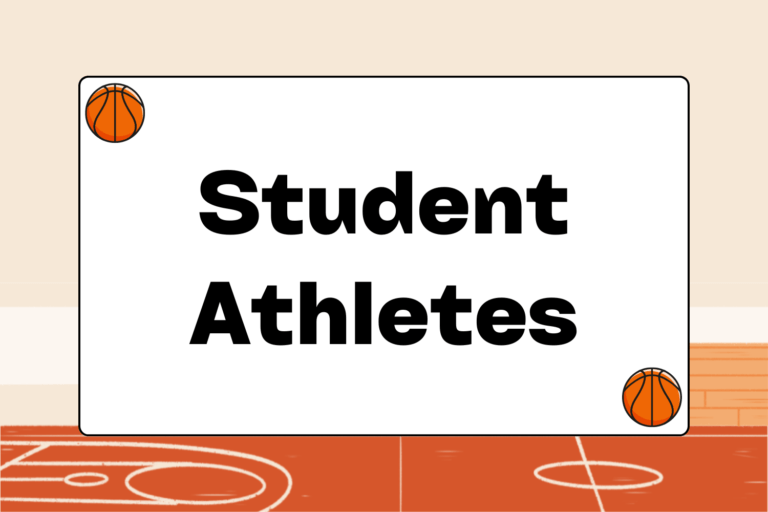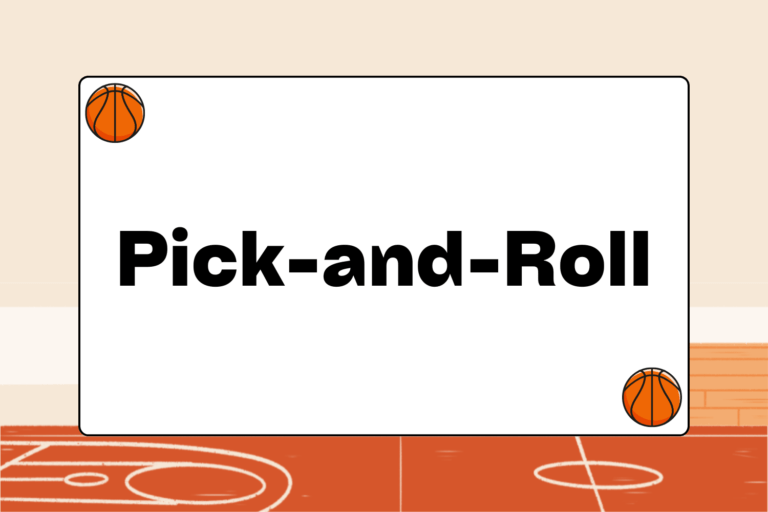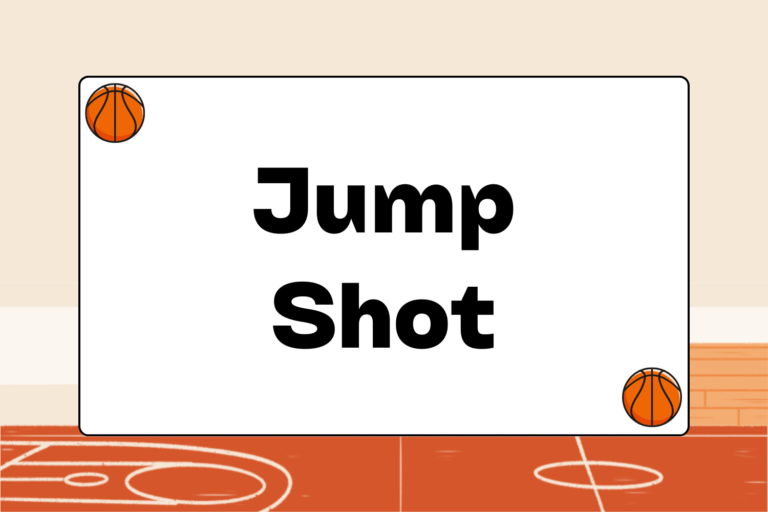You’re ready to lace up the sneakers and play some hoops. The only problem is, you’re not quite sure what position you should play. This guide will help determine where you are best suited, based on the specific duties and skills required of each position.
Remember, it is important to consider more than just physical attributes like body type or height—your mindset and individual skills should also play a significant part in choosing a position.
Point Guard
The point guard is one of the most important positions in basketball. They are responsible for calling plays and directing the offense, and because the point guard (or “point”) is responsible for bringing the ball up the court, they are also usually the best ball handlers on the team. In addition to above-average dribbling skills, the point should have excellent passing skills and court vision—the ability to survey and dissect the situation on the court.
You may be a point guard if you have:
- Superb ball handling skills
- Excellent passing ability
- Court vision
- Leadership qualities
- A “team-first” mentality
Shooting Guard
A shooting guard, or “off guard,” has a skill set similar to that of the point guard. While the off guard is not the primary ball handler, the position does require above-average ball handling ability. In most cases, the off-guard is a team’s best shooter and most dynamic scorer with the ability to score off the dribble and hit the easy jump shot.
Consider playing shooting guard if you have:
- Above average perimeter shooting ability
- Good dribbling skills
- A strong will to score
- The ability to dribble in traffic
- Exceptional quickness and/or foot speed
Hot Tip: Court Positioning
Court positioning for a given position depends largely on the type of offensive or defensive scheme your team runs. Here is a brief breakdown of where (on the court) each position generally plays:
- Point Guard: Generally plays on the perimeter at the top of the three-point line (center of the court).
- Shooting Guard/Small Forward: Generally plays on either section of the perimeter close to the sideline, often referred to as the “wings.”
- Power Forward/Center: Generally plays in the key and close to the basket. It is rare of either of the positions to venture out to the perimeter.
Small Forward
Don’t let the name fool you. The small forward is not a position for players of diminutive stature. At 6 feet 8 inches, you could hardly classify Lebron James—one of the best small forwards in the NBA—as small. This position demands an athlete who is a well rounded basketball player. A small forward needs to be a solid passer and shooter with an aggressive mentality and a willingness to rebound.
You’re probably a small forward if you have:
- A well balanced skill set (adequate dribbler, shooter, defender, etc.)
- A desire to drive the lane
- The deadly combination of size (small forwards are generally slightly shorter than the power forward or center), speed, and strength.
- The ability to score both in the key (post-up) and from the perimeter.
- A strong sense of determination
Power Forward
The power forward position is synonymous with strength and tenacity. The player in the power forward position is generally a team’s best rebounder and most aggressive defender, but they usually don’t take very many outside shots since they are partly responsible for guarding the basket. Although power forwards aren’t normally their team’s leading scorer, there are exceptions—Karl Malone and Charles Barkley were both prominent scorers from this position.
Power forward is a good position for you if you have:
- Exceptional defensive skills
- Toughness
- A knack for rebounding
- The ability to block shots
Center
The center is often the tallest player on a team, but that is not always the main requirement. Their primary responsibilities are defending the basket and rebounding. They rarely venture far from the hoop, so the majority of a center’s offensive attempts are either layups or mini-jump shots.
You might belong in the center if you have:
- Excellent rebounding skills
- An uncanny ability to block shots
- Sub-par ball handling and outside shooting skills
- Exceptional height
Bonus Positions: The Sixth Man
The quality of a team’s reserve players factors significantly into their ability to win games. An excellent sixth man—the main substitute to come off the bench—is an invaluable addition to any team.
Although there isn’t a standard set of tangible skills that every sixth player must have (because the sixth man can be any position) there are traits that all the elite reserve players have in common.
You would make a good sixth player if:
- You have solid skills but don’t necessarily excel in any one area.
- You have a “team first” mentality.
- You have a willingness to give 100% effort on every play, no matter what.
Exercise Your Right to Choose
Remember, a player should choose a position based on specific skills and abilities and not just physical attributes alone. Just because you’re the tallest player on your team doesn’t mean you should automatically be the center. If you don’t seem to fit in a given position, then it’s probably not the position for you.





